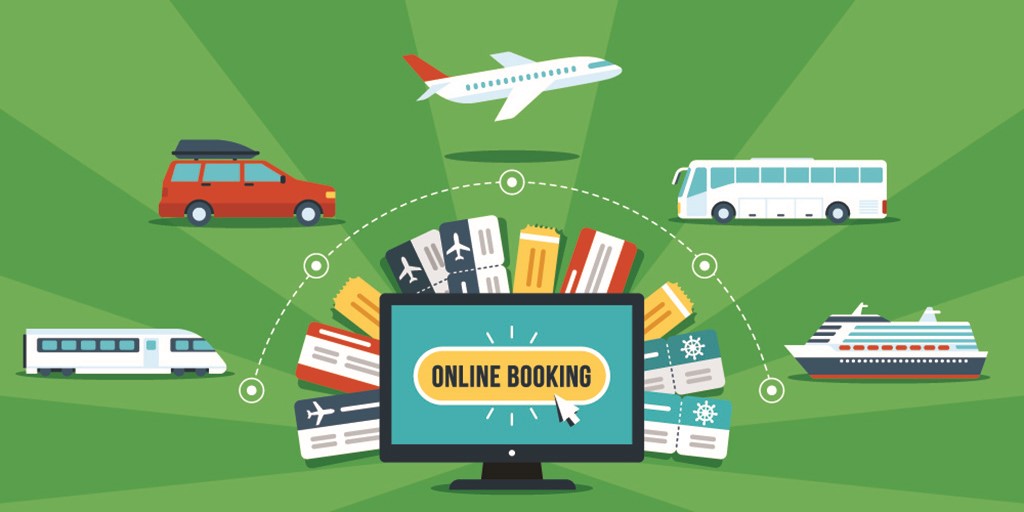The Hidden Cost of OTA Hotel Pricing Strategies

A new study from SHR reveals the financial implications for hotels that partner with Online Travel Agents (OTAs), highlighting the growing trend towards direct bookings in the hospitality industry.
Hotels often rely on OTAs for increased visibility and bookings. However, research from SHR, a global hotel technology specialist, indicates that allowing OTAs to offer lower rates than the hotel's direct website can significantly inflate advertising costs.
The study, which analyzed 27 million cost-per-click (CPC) impressions, found that hotels whose rates are undercut by OTAs pay an average of 47% more per click for online advertising. Specifically, the average CPC rises to $0.97 when OTAs offer the lowest price, compared to $0.66 when the hotel offers the best rate directly.
This increase in CPC is attributed to heightened competition for branded search terms. When OTAs offer lower prices, they are more likely to increase their bids for these terms, confident that the lower rate will drive conversions.
Even when hotels maintain rate parity (offering the same price on their website and OTAs), CPCs remain elevated, averaging $0.89, a 35.9% increase compared to hotels prioritizing direct rate advantages.
Balancing OTA Relationships and Direct Bookings
While OTAs provide valuable reach, these findings emphasize the financial trade-offs hotels must consider. Steve Collins, VP of Digital Marketing at SHR, notes the delicate balance hotels must strike. He suggests that prioritizing direct bookings and fostering healthy OTA relationships can lead to reduced costs and sustainable growth. Lower CPCs free up budget for broader marketing initiatives, including brand building.
The study also underscores the importance of a comprehensive digital strategy. By strengthening direct booking channels, hotels can improve profitability and marketing efficiency.
The Rise of Direct Bookings
Experts predict a significant increase in direct hotel bookings by 2030, potentially surpassing OTA-generated reservations. This trend reinforces the need for strategies that bolster direct channels, optimize CPC rates, and lessen dependence on OTA-driven leads. Check the survey from Skift here
SHR's research indicates that maintaining rate integrity not only lowers advertising costs but also improves conversion rates, allowing for more effective resource allocation. Collins concludes that prioritizing direct bookings and investing in brand-building activities are crucial for maintaining competitiveness in the evolving hospitality landscape. A balanced booking strategy ensures long-term profitability and more efficient use of marketing resources.
Source: hospitalitytech.com







